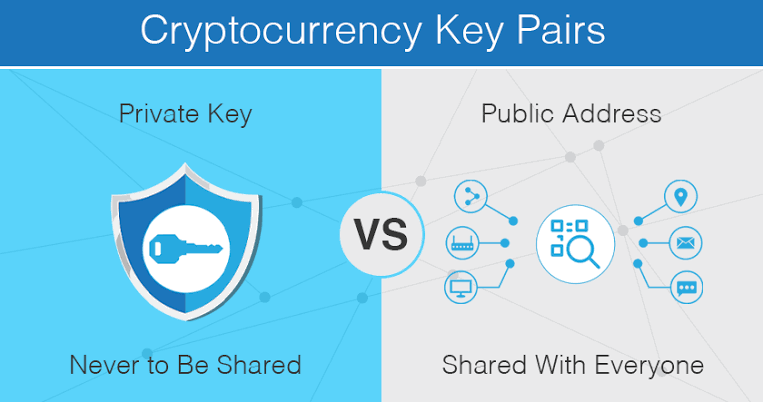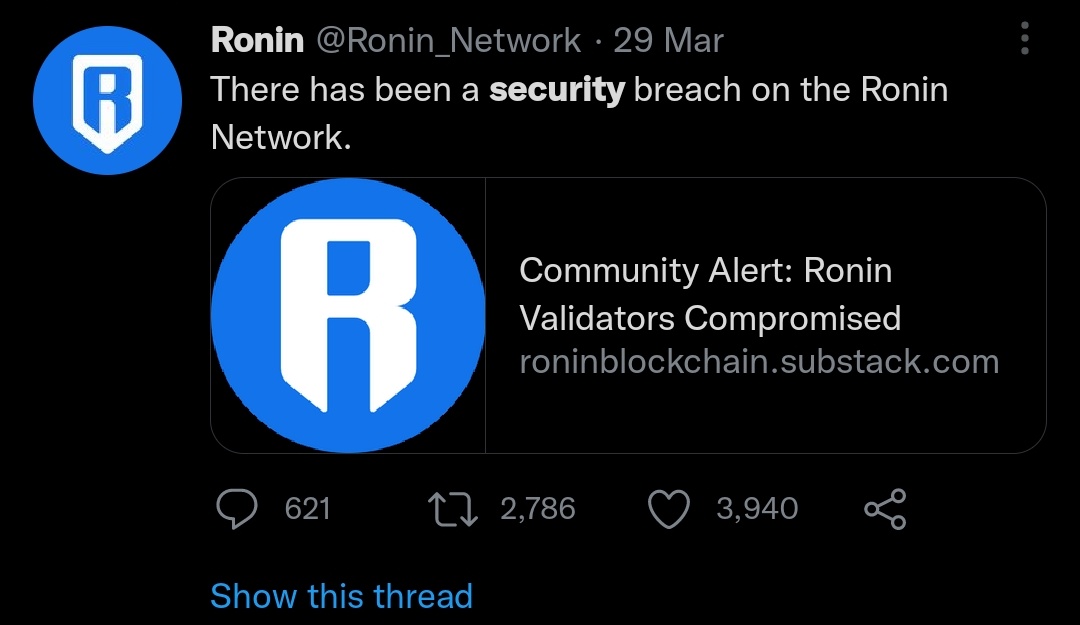
• Co Responsibility:
DeFi projects do not take responsibility for your mistakes. They only take away the intermediaries, you have to take responsibility of your funds/assets.
DeFi projects do not take responsibility for your mistakes. They only take away the intermediaries, you have to take responsibility of your funds/assets.
• Zero consumer protections:
For example; FDIC reimburses deposit account holders up to $250,000 per account, per institution if a bank fails.
Furthermore, banks are required by law to hold a certain amount of their capital as reserves,
For example; FDIC reimburses deposit account holders up to $250,000 per account, per institution if a bank fails.
Furthermore, banks are required by law to hold a certain amount of their capital as reserves,
to maintain stability and cash you out of your account any time you need.
No similar protections exist in DeFi, thereby render it striving in the absence of rules and regulations.
No similar protections exist in DeFi, thereby render it striving in the absence of rules and regulations.
• Robusticity:
DeFi transactions require unbelievably extended periods of time for confirmation.
Most DeFi projects encounter daunting difficulties in the scalability of host blockchain from various viewpoints.
DeFi transactions require unbelievably extended periods of time for confirmation.
Most DeFi projects encounter daunting difficulties in the scalability of host blockchain from various viewpoints.
• Hackers are a threat:
Blockchain may be nearly impossible to alter, other aspects of DeFi are at large risk of being Exploited, which can lead to funds theft or loss.
All of Decentralized finance’s potential use cases rely on software systems that are vulnerable to attacks.
Blockchain may be nearly impossible to alter, other aspects of DeFi are at large risk of being Exploited, which can lead to funds theft or loss.
All of Decentralized finance’s potential use cases rely on software systems that are vulnerable to attacks.
To mention few recent #DeFi Exploits in 2022!
@wormholecrypto token bridge was hacked on February 2, and hackers stole Solana tokens worth $322 million.
@wormholecrypto token bridge was hacked on February 2, and hackers stole Solana tokens worth $322 million.

• Collateralization:
This is a value used to secure a loan. When you get a mortgage, for instance, the loan is collateralized by the home you’re buying.
This is a value used to secure a loan. When you get a mortgage, for instance, the loan is collateralized by the home you’re buying.

Nearly all DeFi lending transactions require collateral equal to at least 100% of the value of the loan, if not more.
These requirements are extremely restricting eligible users from many types of DeFi loans.
These requirements are extremely restricting eligible users from many types of DeFi loans.

• Private key requirements:
In #DeFi & #Cryptocurrency, you must secure the wallets used to store your cryptocurrency assets.
These Wallets are secured with private keys, which are long, unique codes known only to the owner of the wallet in most cases.
In #DeFi & #Cryptocurrency, you must secure the wallets used to store your cryptocurrency assets.
These Wallets are secured with private keys, which are long, unique codes known only to the owner of the wallet in most cases.

You need to watch out for the type of wallet you use, and never misplace your private keys, if you do, you'll lose access to your funds—there is no way to recover a lost private key. 

Did you find this thread insightful?
Retweet & Follow @TheDeFiMetro for more thesis & updates around #DeFi + #Web3
Next 🧵:
🔸Pros & Cons of Web3
🔸 Job opportunities in Web3
Retweet & Follow @TheDeFiMetro for more thesis & updates around #DeFi + #Web3
Next 🧵:
🔸Pros & Cons of Web3
🔸 Job opportunities in Web3
• • •
Missing some Tweet in this thread? You can try to
force a refresh




